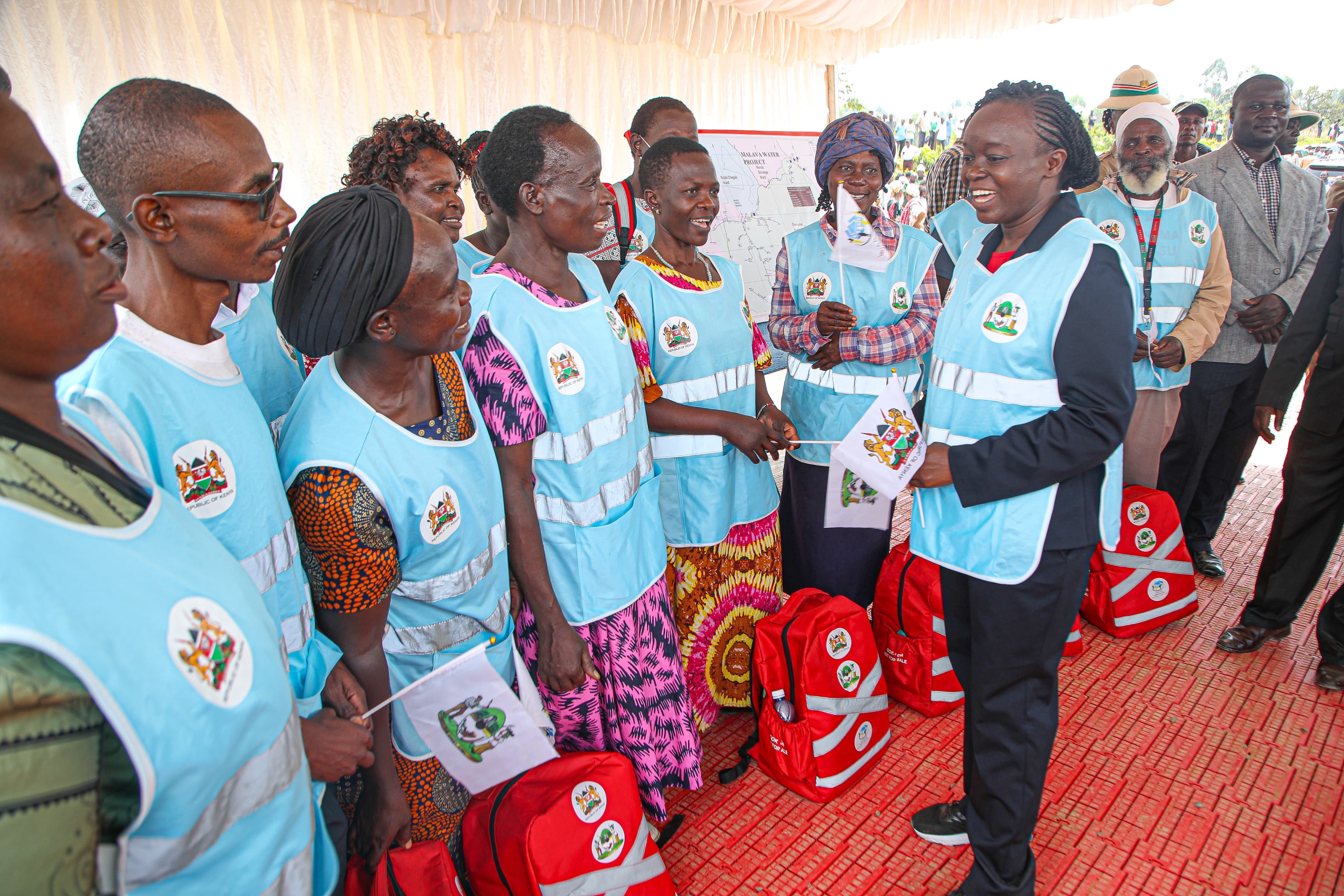In the ongoing rollout of the Social Health Authority, CHPs have also been instrumental in facilitating household registrations.
However, to fully realize the potential of CHPs, their work must be supported through investments in continuous training, supportive supervision, logistics, and budget allocations for preventive healthcare.
While challenges remain, they can be effectively addressed through coordinated efforts among all stakeholders.
A compelling example of the impact of community health initiatives can be seen in Brazil’s Family Health Strategy (FHS).
In the State of Ceará, Community Health Workers (CHWs) have significantly reduced child mortality rates by conducting home visits and providing essential health education, vaccinations, and maternal support.
Over a decade, this initiative led to a 60 per cent reduction in child mortality, demonstrating the profound effects of community-based health efforts.
The Ministry of Health has laid a strong foundation, but achieving UHC necessitates active involvement of all stakeholders, including county governments, private sector entities, and development partners.
By pooling resources, expertise and innovative ideas, we can create a robust support system that empowers CHPs to continue their invaluable contributions.
This collaborative effort is not only critical for improving health outcomes but also for ensuring that every Kenyan, regardless of their location, has access to quality healthcare.
Development partners, both local and international, can enhance these efforts by providing technical expertise and resources, including transportation and communication tools, to help CHPs reach even the most remote households.
The private sector also has a unique role to play; by collaborating with national and county governments, private companies can foster technological innovations that streamline healthcare delivery at the community level.
Investing in community-based health initiatives will ensure that CHPs have the resources necessary to perform their work efficiently.
As Kenya approaches its UHC goals, the role of CHPs becomes increasingly central to the success of this initiative.
They are not merely healthcare providers; they are the heart of the nation’s healthcare system. “Unless we take action, the problems will persist. It is time to act,” as Ban Ki-moon aptly stated.
By investing in their training, supervision and logical support, we invest in the health and well-being of the entire country.
Now, more than ever, it is crucial for all stakeholders to rally behind CHPs and ensure that their efforts are recognised, supported and strengthened.
In doing so, we can make UHC a reality for all Kenyans, ensuring that no one is left behind on the journey toward improved outcomes for the entire nation.













